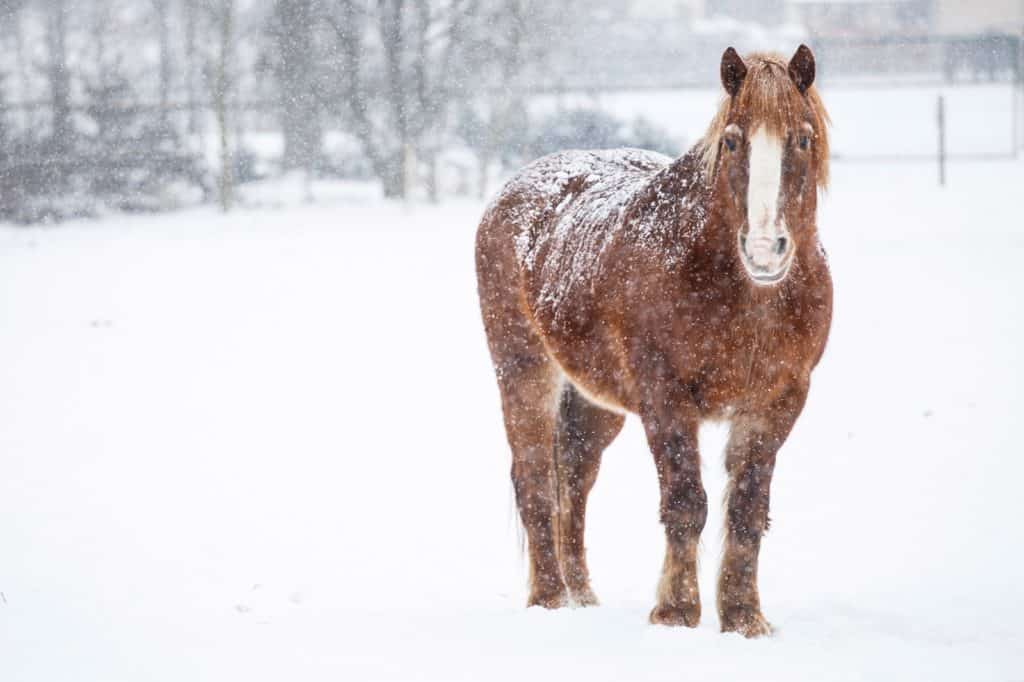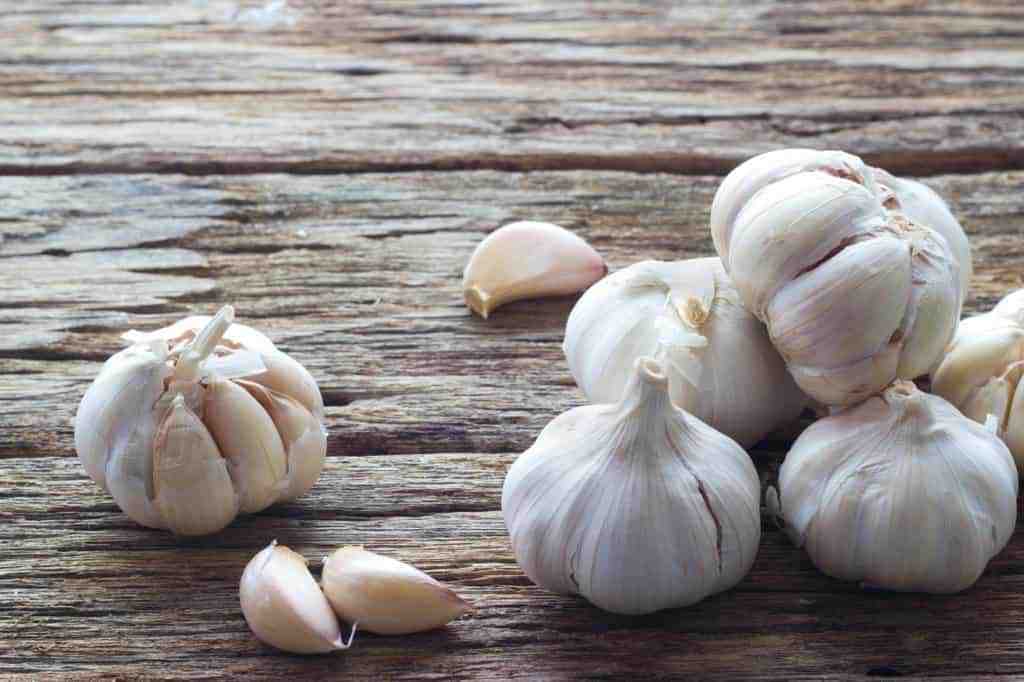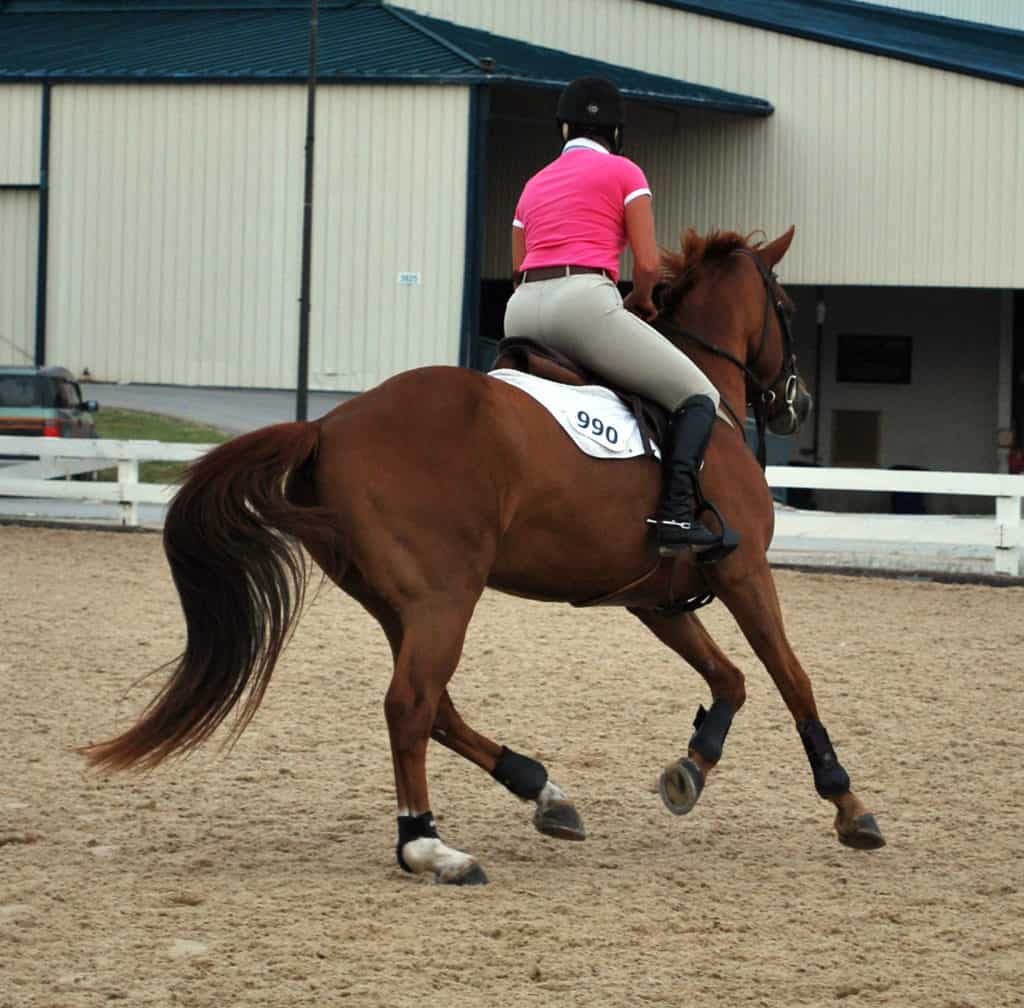
Mineral of the Month: Selenium
Selenium is an important part of the equine diet, but is only required in small amounts and has a narrow safety margin.

Selenium is an important part of the equine diet, but is only required in small amounts and has a narrow safety margin.

Take a look at how immunosenescence and its effects impact the way owners and veterinarians care for senior horses.

A nutritionist can tell you if you’re over- or underfeeding or supplementing and address other equine diet concerns.

Owners considered veterinarians the most reliable information source, which researchers found encouraging.

After graduating from UK, Heitz entered vet school at Auburn University, where she is on track to graduate in May 2018.

Researchers are looking at how diet might influence how horses respond to stress and disease.

Several ingredients claim to help equine gastric ulcers, but only a few have research behind them.

Our equine nutritionist takes a closer look at garlic’s potential to fight off flies and biting insects.

Download this free guide to learn more about the different types of supplements available and get tips for selecting the right supplement for your horse.

Do these supplement ingredients improve performance?

Of the 413 respondents, 212 (51%) have dealt with an equine picky eater.
Equine lecture topics will include feeding endocrine-challenged horses, allergies, equine aging, supplements, and more.

A nutritionist looks at the relevant, if limited, research about pre- and probiotics in the equine diet.

When fed with forage, ration balancer pellets supplement equine diets without excess calories.

Ensure your golden oldie gets the care and support he needs, even if he’s weathered previous winters without trouble.

Researchers are evaluating the impact of these proteins in combating performance-induced physiologic stress in horses.
Stay on top of the most recent Horse Health news with
"*" indicates required fields